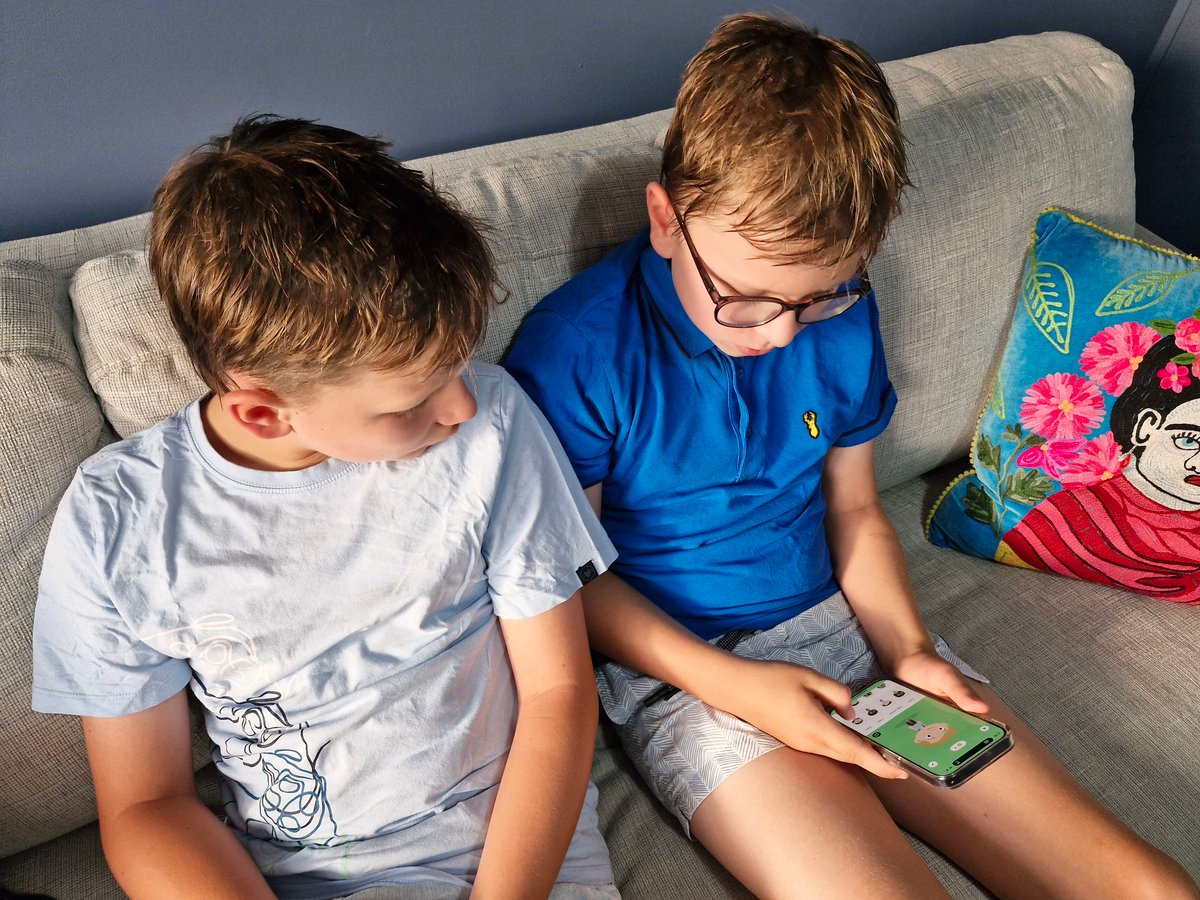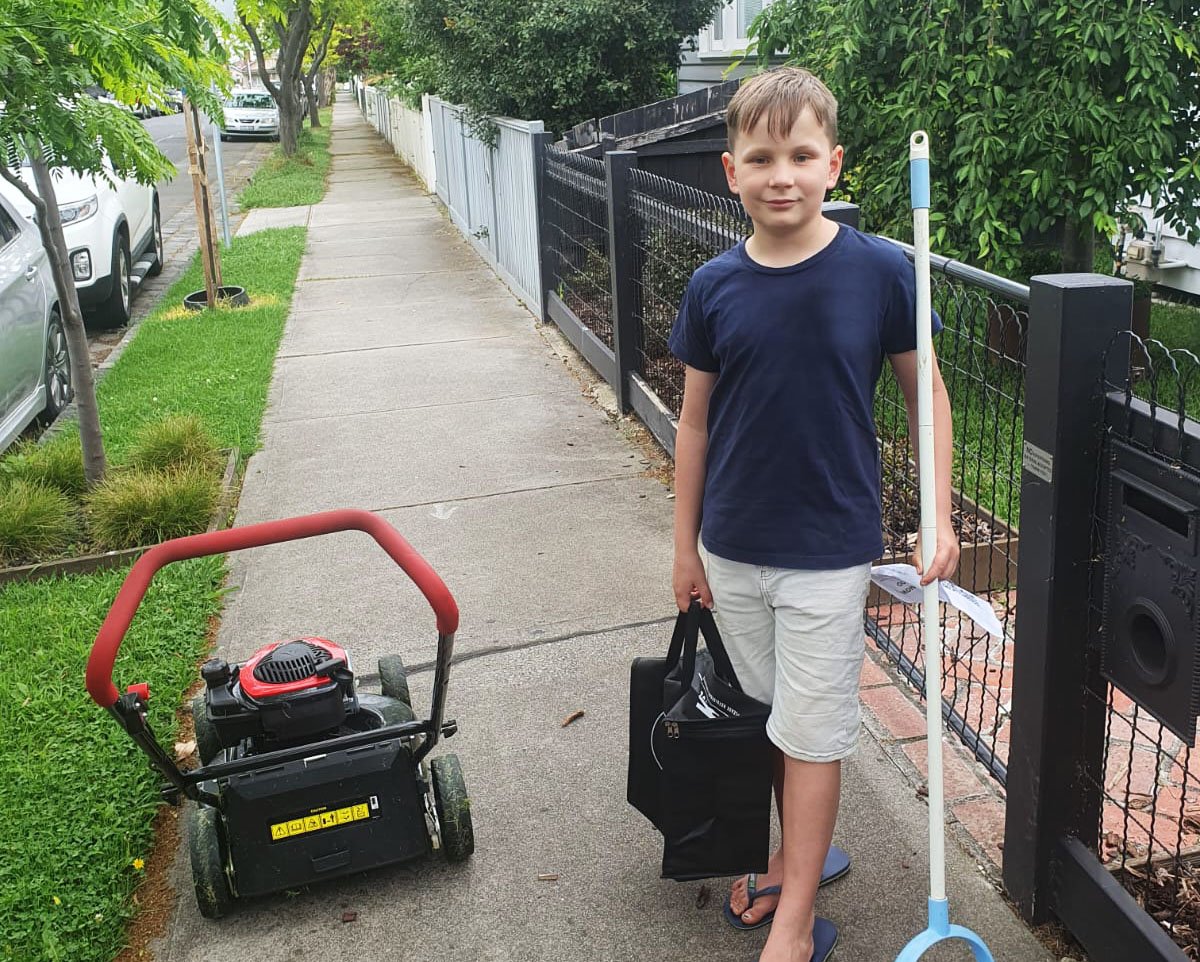

When my younger son was five, he begged me for yet another toy. I asked how he thought I was going to pay for it and he said, "You just tap that plastic thing and you get money." Cost of living crisis? Solved!
My kids are nine and eleven now, and I like to think they’re a bit more money-savvy. But then they go and spend all their birthday cash on Roblox, and I realise, perhaps not.
I’m not alone. Research from Kit, a pocket money app built by CommBank, shows that one in four parents are worried that they’re ill-equipped to teach their kids about money in the digital age. While my family is a work in progress, here are some things I’ve learned about raising money-smart kids.
Start money conversations early and keep them positive.
If your preschooler can sell you a plastic apple from their toy supermarket, they’re ready to start talking about money. Kids generally understand the concept of exchanging coins or notes for something around the age of four, and that’s the ideal time to get the conversation started. It may seem young, but we’re not talking about crypto assets and the stock market here; we’re keeping it light, positive and part of our daily routine.
I try to integrate money conversations into my family’s daily life. When we’re at the supermarket, I explain why I’m choosing a product that’s on sale. When I get paid, I explain how I’m budgeting until my next pay. I try to frame the conversations in a positive light because I know that if I have a positive attitude towards money, it will rub off on my kids.
Focus on autonomy and fun when teaching money skills.
 Image: Supplied.
Image: Supplied.

